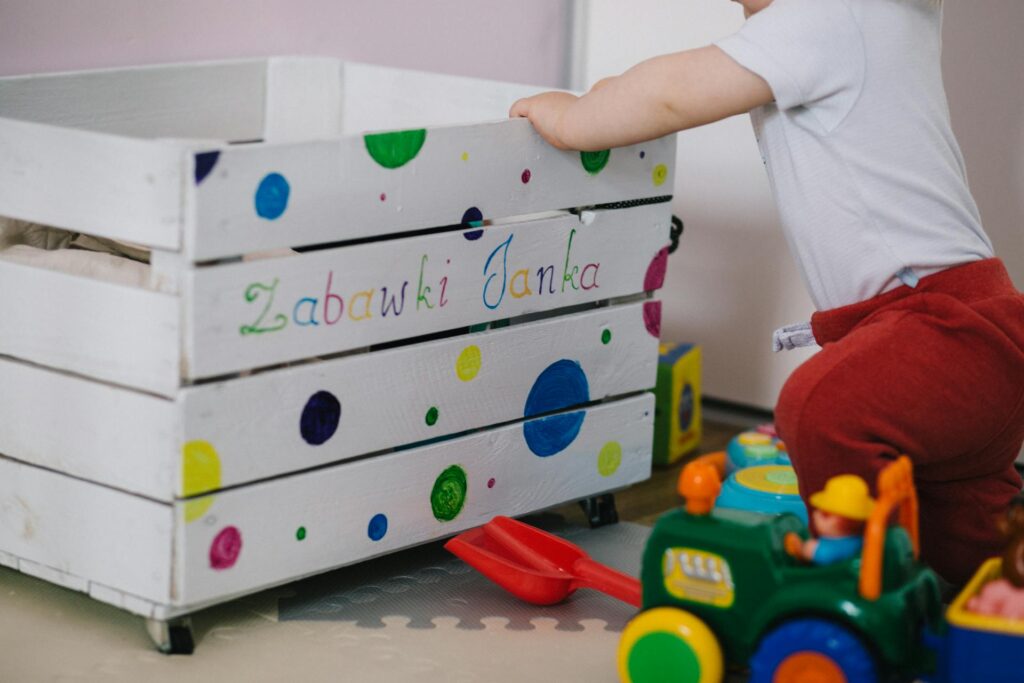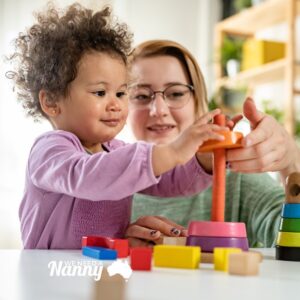As a parent, you may have noticed that your friend’s child put their dirty plates in the sink. Your cousin may have a child who folds their school clothes neatly every afternoon.
All in all, think to yourself, where do all these miracle children come from? At the end of the day, how do you raise responsible children?
So, on the subject, responsible children are not a miracle, there is no trick, they are just taught responsibility.
What you need to remember is that responsibility is not about completing a task, but rather the attitude when acting. A child that is responsible completes a task with pride, and without you having to ask. They understand their position in the family and gain a sense of achievement.
Do kids need responsibilities though?
Teaching a child responsibility is teaching them a life skill.
There are quite a few easy ways to start to incorporate responsibilities into a child’s life.
What is the Definition of Responsibility
According to the dictionary, Responsibility is a state or action. A responsible person is answerable and accountable for something in their control or management.
Why is Responsibility in Children Important
Responsible behaviour in children is something that does not happen overnight. It sometimes takes years to develop and teaching can start at an early age.
In a nutshell, a responsible child will find it easier to be an accountable adult one day. Responsibility in children is vital for a few reasons:
Responsible Children Become Responsible Adults
A responsible child becomes aware of how their actions and attitudes affect others, and they will carry this learning throughout their life.
It Teaches Global Responsibilities
As children grow older, they gain a Global understanding. Responsibilities such as conserving water, and reducing waste become more evident. They make decisions with a larger picture in mind and find their importance as part of a global spectrum.
It Helps with the Solving of Problems
A responsible child is much more adept in terms of solving problems. They easily learn to weigh up the consequences of their actions. It becomes part of self-responsibility rather than compliance with a parent or authority.
9 Tips on Raising a Responsible Child
Raising a responsible child requires plenty of patience and commitment. You must teach a child to be responsible, they rarely take responsibility by themselves. So here are a few tips on how to raise responsible children:
Start Very Young
Unfortunately, you cannot just bombard a teenager with responsibilities suddenly. It is vital to teach responsibility as young as possible, even from infancy is probable. Essentially the type of responsibilities taught must be suitable for the child’s age.
For example, an infant is taught to hold their bottles. Toddlers are often taught to pack away toys. Preschoolers on the other hand learn small household chores.
Rewarding younger children who follow these rules will pay off. As they get older they will find interest in deciding for themselves what to account for.
Allow them to Help with Chores
Preschoolers and older children learn to help with household chores. You can even incorporate small chores such as sweeping into playtime with toddlers.
Remember it is not about whether they do it right, but rather just the principle behind the task. Invite your child to do household chores with you, and make it an enjoyable experience for them.
Guide them in The Right Way
Keep the child’s age and skill levels in mind. Demonstrate the task yourself, and allow them to try it out themselves. Make sure that all the responsibilities are age-appropriate for the child.
Be an Example to Your Kids
As parents, we must be role models when it comes to responsibility. When you take up a responsibility, ask everyone to join in and help.
Always include “we” in your phrase to show how easy it is to solve problems and act as a team. Similarly, discuss suitable household chores for the family.
Praise Good Behaviour
Most children, especially younger ones, enjoy helping around the house. Mostly to a child, chores do not feel like work, but rather play. You can encourage their efforts by acknowledging their accomplishments. Always praise your child for their efforts to take up responsibility.
Do Not Expect Too Much
Be careful what you expect from your child. Never criticise the way they do something, even though they did not perform the task properly. Rather show them how you do it and praise them for their efforts.
Make It Part of a Routine
Children thrive on order and routine. Including their responsibilities in their daily routine is essential. For Instance: They must first finish their course of dinner, before playing with their toys.
The toys are not a reward, but rather a result of completing tasks in the routine.
Teach Kids Cause and Consequence
Rather than using reward and punishment, teach them cause and consequence. Teaching a child to take care of their things helps them develop responsibility for their actions.
The involved parent, however, must not use words of blame in this case. All these small cause-and-consequence lessons ultimately teach responsibility in the family.
Teaching children about responsibility isn’t always easy, but what part of parenting is it? Like most things, it can take lots and lots of patience. But if you follow these tips, you stand a better chance of raising a responsible child who then grows into a responsible adult.
Last Thoughts
A child that is taught responsibility from an early age will carry that with them into adulthood.










